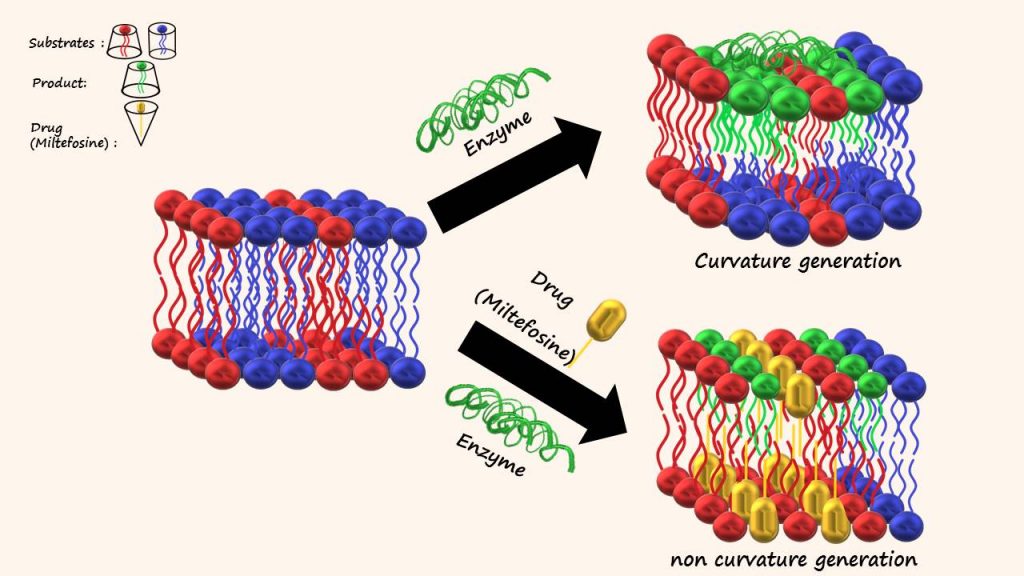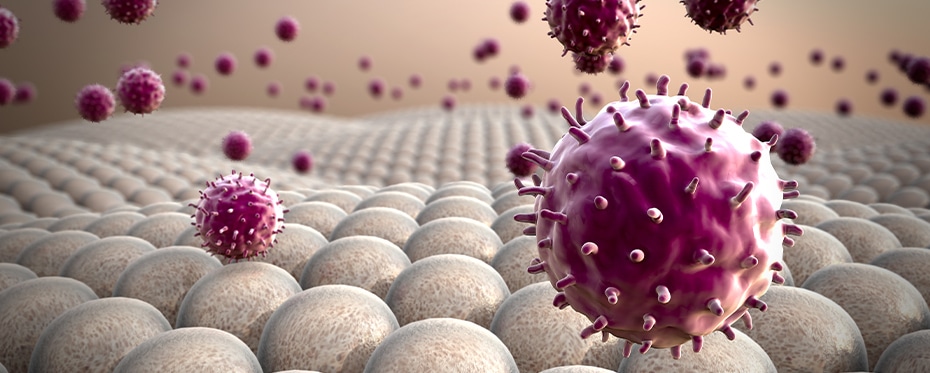Tag: infectious diseases
Antimicrobial stewardship programmes: Remote consultations can help reduce antibiotic resistance

The increased use of antibiotic therapy to treat infectious diseases is driving up antimicrobial resistance as well as economic and healthcare costs. Antimicrobial stewardship programmes are crucial to monitor and evaluate medication use. Valéria Cassettari, Newton Novato, and Maria Helena Flesch Onuchic at NotreDame Intermédica Advanced Outpatient Clinic in São Paulo, Brazil, explored the impact of remote consultations with an […]
Epidemiology–laboratory interactions for developing resilience against future infectious diseases

Bacteria are one of the leading causes of public health burden associated with food and waterborne diseases. In addition, they have many abilities that allow them to survive decontamination methods, such as biofilm formation. With the rise in antibiotic resistance and climate change also driving bacterial proliferation, new approaches are needed to mitigate the public health burden of infectious diseases. […]
Australia’s approach to seed biosecurity

Globalised food production requires a heavy investment in biosecurity to prevent the spread and establishment of crop pests from imported seeds. Many countries already test incoming seeds for the absence of regulated pathogens, but with differing standards. In Australia, analyses by Dr David Dall from the Australian Government Department of Agriculture, Water and the Environment, and Dr Fiona Constable from […]
Climate change and the rise of infectious diseases: An Arctic perspective

Animals that carry infectious microorganisms are migrating towards the North with climate-change transitions of Arctic landscapes into warmer biomes. This threatens to change societal exposure to infectious diseases and affect the OneHealth status of Arctic cultures. OneHealth takes a multidisciplinary approach to health risks and risk mitigation for humans, animals, plants and the environment with the understanding that human health […]
Read More… from Climate change and the rise of infectious diseases: An Arctic perspective
Metadichol® a novel nano lipid formulation

Many drugs target individual actions of a specific virus or bacteria. However, development and application of a broad-spectrum compound which targets the whole immune response would allow one therapy to have a global application for human disease. Dr P. R. Raghavan, CEO of Nanorx Inc, has invented one such dietary supplement, Metadichol®, which is thought to act via vitamin D […]
Targeting the curvature of cell membranes for parasitic infection treatment

Cell membranes are crowded and dynamic places. They constitute the first contact for all external stimuli that arrive at a cell, and are in charge of transmitting this information to the cell interior. This works through a cascade of metabolic steps, performed by several phospholipases, amongst other enzymes. Phospholipases degrade membrane components and form signal messengers, which transmit chemical […]
Read More… from Targeting the curvature of cell membranes for parasitic infection treatment
Bacterial biofilms: A persisting public health challenge

Foodborne and waterborne diseases are major global health threats, exacerbated by the ability of bacteria to gain new characteristics, constantly evolve towards increased fitness in their environment, and by developing resilience through biofilm formation. Utilising emerging technologies such as elevated hydrostatic pressure and application of novel bacteriocin and bactericidal compounds, Professor Aliyar Cyrus Fouladkhah and his team in the Public […]
Read More… from Bacterial biofilms: A persisting public health challenge
Infectious bronchitis virus affects energy production

Professor Tereza Cristina Cardoso, São Paulo State University, is a qualified veterinarian and her research explores infectious diseases in animals. Her latest work investigates how infectious bronchitis virus affects energy production by macrophage cells. Her research demonstrates that this occurs through disruption of mitochondrial respiration processes, which may have implications for how virus infections in poultry are prevented and treated. […]
Read More… from Infectious bronchitis virus affects energy production
Changing climate: A ‘threat multiplier’ for foodborne and waterborne infectious diseases and antibiotic resistance

Dr Aliyar Cyrus Fouladkhah of Tennessee State University is an Assistant Professor in Public Health Microbiology. His laboratory explores preventive measures for the spread of infectious diseases, antibiotic resistance, and food security in the landscape of changing climate. His research aims to provide better understanding of the ecology, epidemiology and effectiveness of control measures of enteric and environmental pathogens at […]
Alpha-Gal syndrome Trade-off between allergy and protection to infectious diseases

Tick bites are responsible for the development of Alpha-Gal Syndrome (AGS) in humans. Resulting in severe allergies to red meat, tick bites and certain drugs, the syndrome is life threatening. Anti-α-Gal IgE antibodies induced by tick bites trigger the allergies. However, anti-α-Gal IgM antibodies induced by microbiota bacteria protect against infectious diseases. Professor José de la Fuente and Dr Alejandro […]
Read More… from Alpha-Gal syndrome Trade-off between allergy and protection to infectious diseases